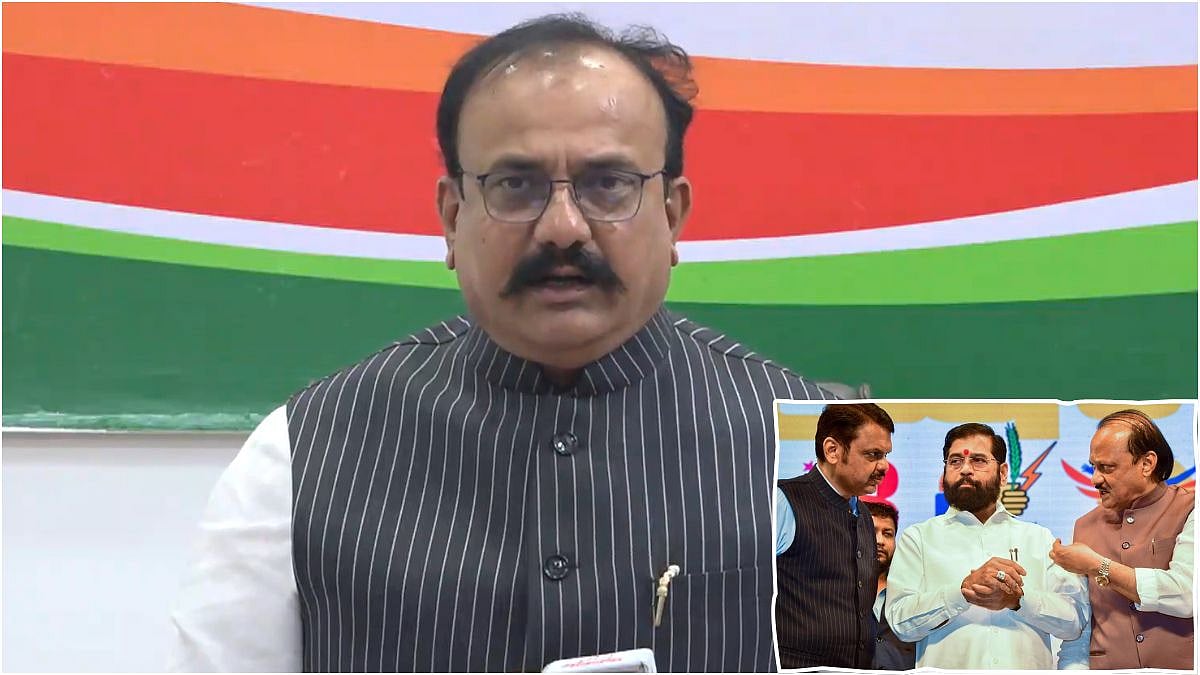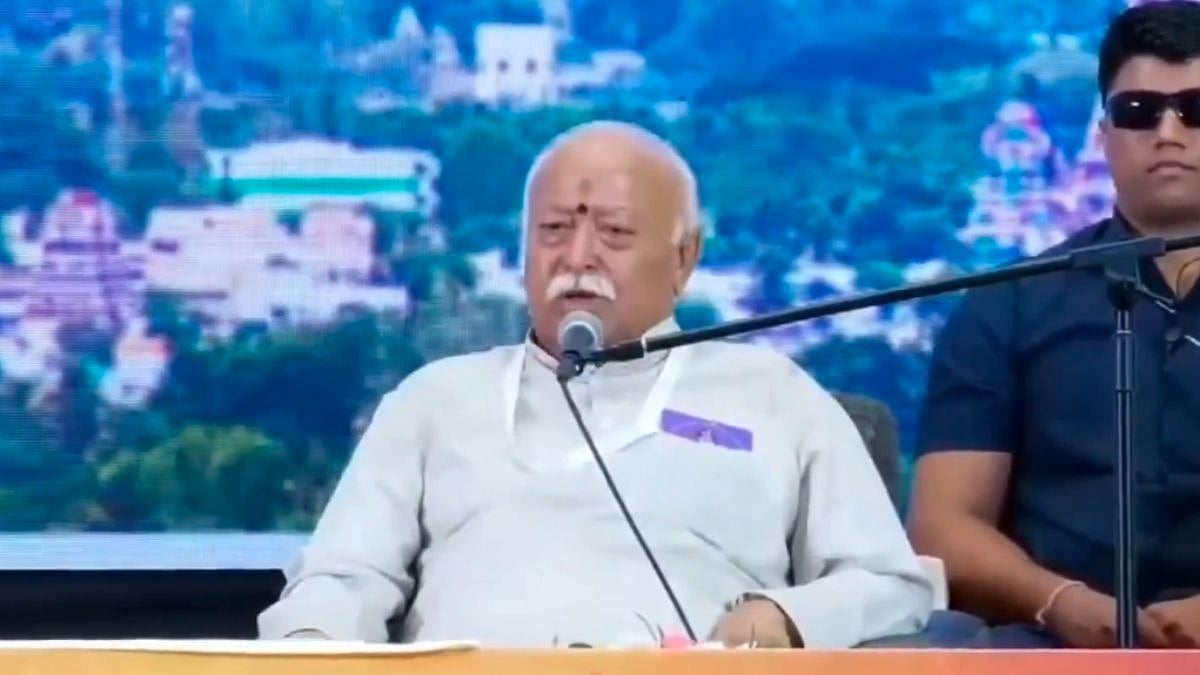The other day I was reading my favourite book, Guide to the Companies Act by my favourite author A Ramaiya. In fact, I was reading Volume III. I have read Volume I and for some obscure reason I never read Volume II. But my favourite book ever is Guide to Companies Act, Volume III. And, keep in mind, it was pointed out to me only last week that it is not a work of fiction, as I mistakenly thought, in the first place. But the point I'm unable to make here is that we Indians don’t read enough. The books are out there, yet we Indians just don’t want to read them. Since I only have spare time, I have read most of these books (trust me if you can lap up Guide to the Companies Act, you’ll read pretty much anything) and have decided to compile a list of ‘must read’ titles. And remember, if you are too lazy to read them, you can atleast go and watch the movie version. Here is my compilation.
- Wasting Time is a beautiful book by veteran sports writer U R Phool. He starts with the redoubtable Anshuman Gaekwad scoring a double century in a test match that spanned roughly a decade. He points out how in Indian Cricket time is constantly wasted. A case in point is Krishnamachari Srikkanth and Sachin Tendulkar fidgeting between balls (no pun intended). His final chapters are to deal with a technical committee watched over by an arbitration committee, who all in turn watch over the BCCI. Their constant job is to disqualify officials from holding office on the basis of too short, too tall, too fat, too related, etc. Phool ends with a piece on the present South African team, who ‘wasted time’ by touring India for a bout of Test Cricket. This was deemed a pointless exercise, a case of utmost futility. As the South African cricketers were unable to cope with the so-called Indian conditions and wasted everybody’s time with a below par performance which left only one team in the contest, namely, India. Phool then turns to statistics. And, if his math is right, he claims the average Indian male (there is no above average Indian male) can reclaim 214 hours per year if cricket is abolished in India.
- The second book in the list is Manners, why are they extinct? This was written by behaviorist and Kanchenjunga explorer, I M Sharam. Sharam was fascinated by why we Indians don’t seem to understand basic civility? Why are men such chauvinists? Why are we always in each other’s space? Why are our mobiles and conversations in public always at such obnoxiously high volumes? After thorough research, spanning less than a weekend, Sharam came to the conclusion that, all this is largely the British Government’s fault. Apparently, the British who gave us stone buildings, roads, cricket and fashion shows, conveniently forgot to teach us manners and bridge-building. Basic words like please and thank you were never part of the desi lexicon. Even our freedom fighters and politicians were unable to grasp the concept of ‘manners’. Otherwise, how do you decipher the slogan “Simon, Go Back”. A slogan that conveniently forgets that it should have been, “Simon, Please Go Back”. Or even better, “Simon, Please Go Back. Thank You”.
- The third book I recommend is Rivers of India, written by American Indophile, I P Wildly. Mr Wildly who spent three years in India (he was supposed to spend just two months but missed his return flight because of Mumbai’s traffic) expertly negotiates and navigates through India by studying her rivers. Whether it's the ‘Tapti’ or the ‘Caveri’, he fills you in on the twists and turns and the historical significance of each place. Of course there is the usual confusion over the chapter ‘Rivers of Mumbai’. Wildly has poured light on many previously unheard-of rivers in India’s most famous city. The river at S V Road. The one in Matunga. The submerging of Breach Candy by a water body are all brought to life by I P Wildly who argues that these seasonal river bodies should not be left out, as they play a much larger role in the Mumbaikar’s life than say, Lake Powai. Unfortunately, in truly tragic circumstances, I P Wildly lost his life recently in what could only be described as a boating accident on Lake Michigan. A boating accident brought about by consumption of 37 beers in roughly 47 minutes. Which, by the way, is a Michigan State record.
- The fourth book is called Corporate Laws by a guy called Taxmann. What is not clear is whether Taxmann is a real person or a team? Also if Taxmann is a real person, is he a super hero? And if Taxmann is a super hero, why does he spell his name with two ‘n’s? Taxman, with a single ‘n’ is much closer to Superman, than Taxmann with a double ‘n’. In a nutshell, Corporate Laws tells you how to cooperate with the law. A lesson former cabinet minister P Chidambaram would have found invaluable, if he had the good luck and sense to read this once in a lifetime experience, before all his troubles started under the present regime. And let me assure you this is no dull, dry read. There is name-calling visible in the (a) Emblems & Names Act, a foreign hand visible in the (b) Foreign Contribution Act, illness prevention in the ‘Sick Industrial Companies Act’, a guide to assistants in the (c) Company Secretary Act, and the (d) Prevention of Money Laundering Act is the kind of edge of the seat action drama only found elsewhere in a Robert Ludlum novel.
I have put together these four books as I feel they give a panoramic and inside insight to the reader. The in-depth analysis and the highly covered points & counterpoints will prove invaluable to the hungry reader. Although reading and writing has changed to shorter words, incomplete sentences, and many abbreviations & emojis, the philosophy of understanding, the written word continue, although that understanding comes largely through pictures. Stalwarts like Arundhati Roy and Salman Rushdie are being forgotten. The other day a sixteen-year-old asked me, “Who is Chetan Bhagat?” Forget them, a literary giant like Ramaiya is no longer a household name. The list is endless. Mulk Raj Anand, Anita Desai, Vikram Seth, Nirmala Sitharaman (she wrote the budget) are all at the risk of being unread and unheralded. We live in an age where the only writing that will survive us will be “tweets spelled wrongly”, by Priyanka Chopra. Let us save the written word, one acronym and abbreviation at a time.
The writer is a comedian, TV anchor, theatre personality, satirist, podcaster and an author.









